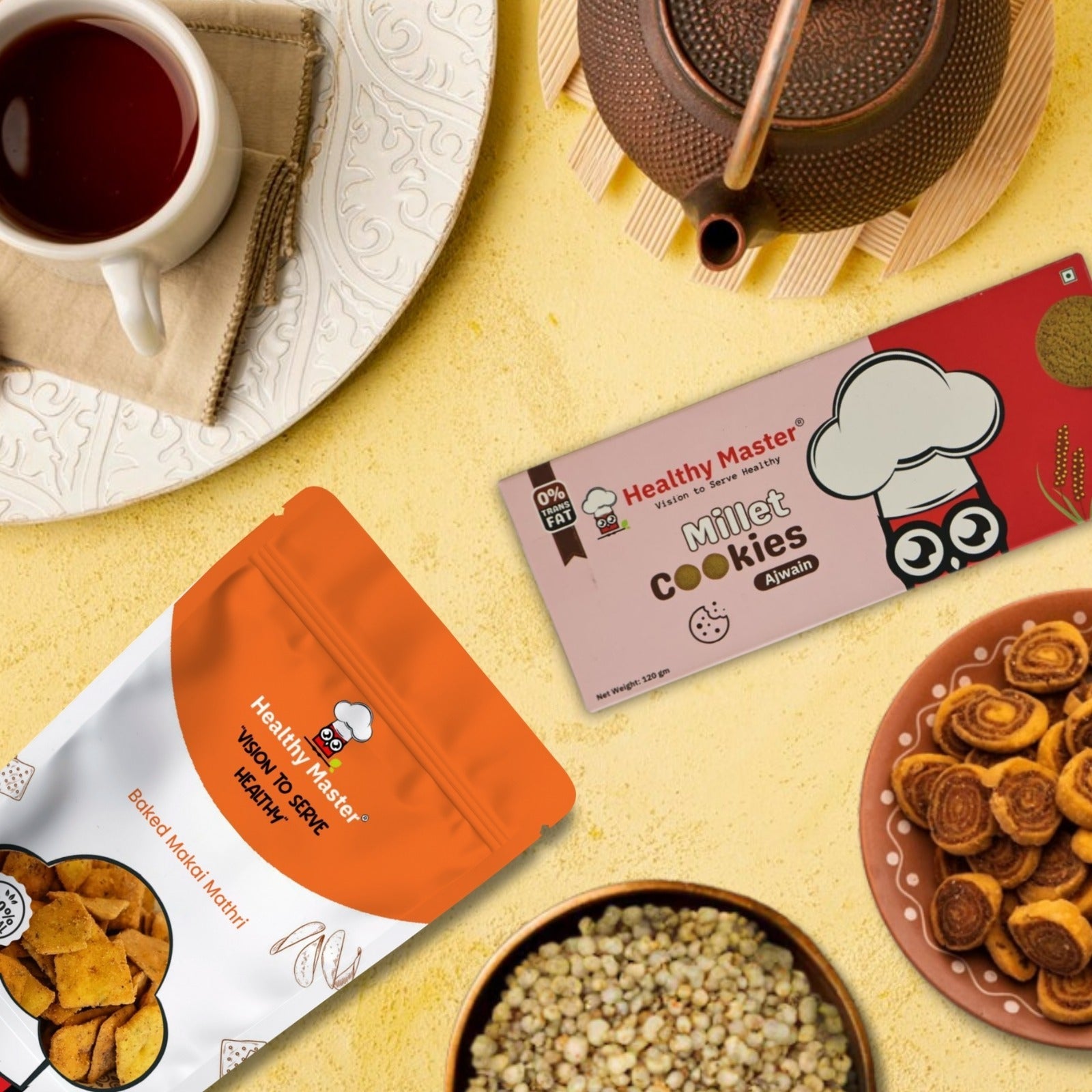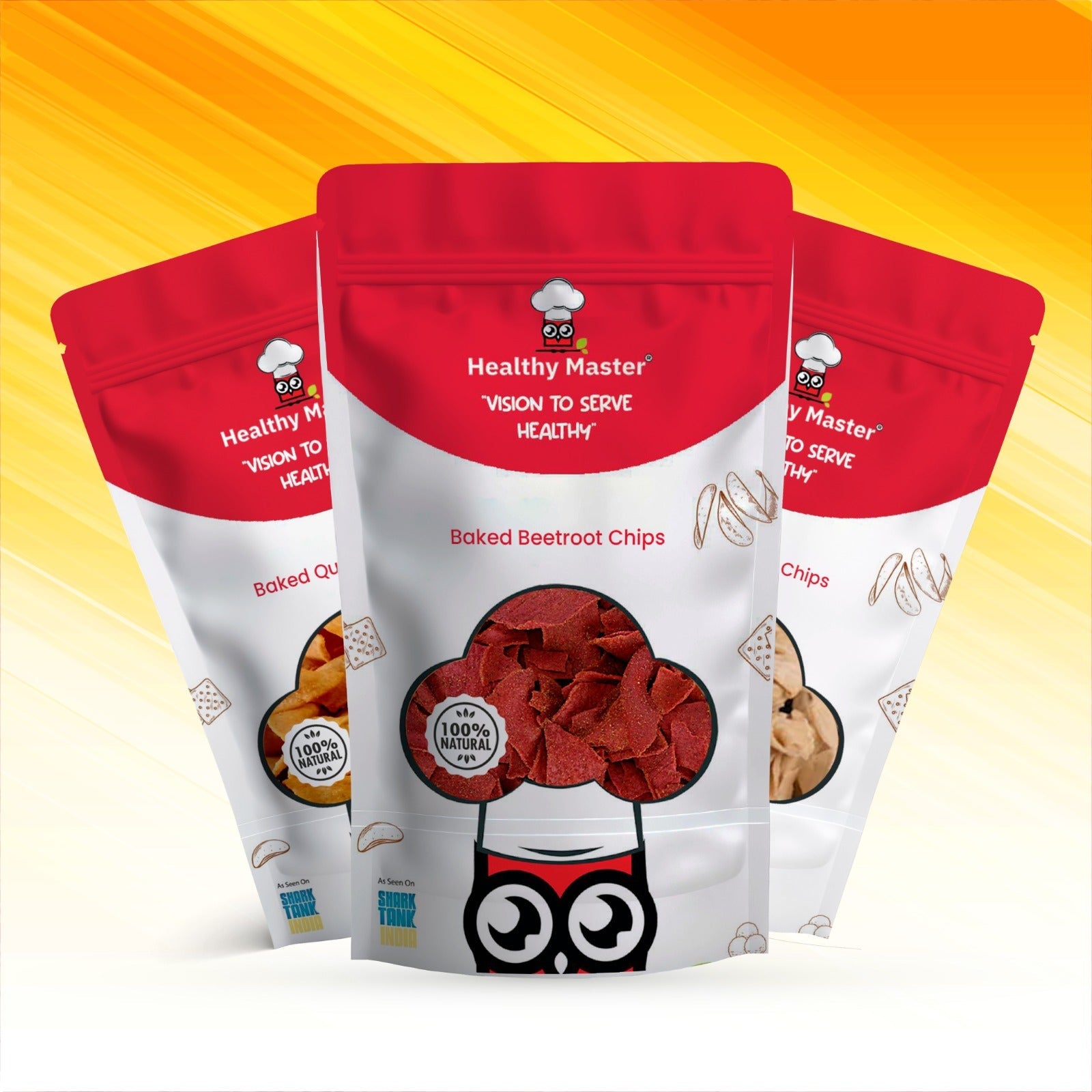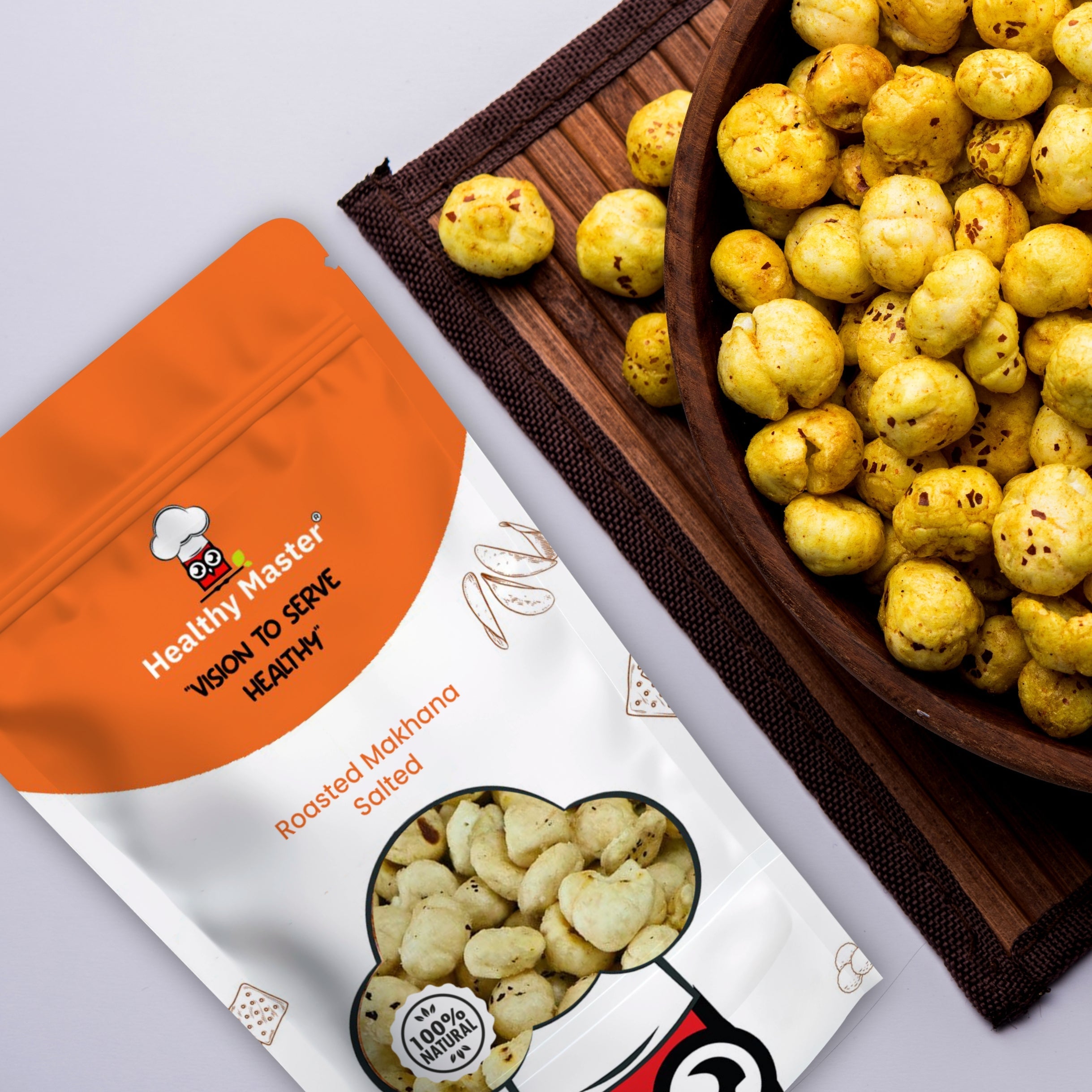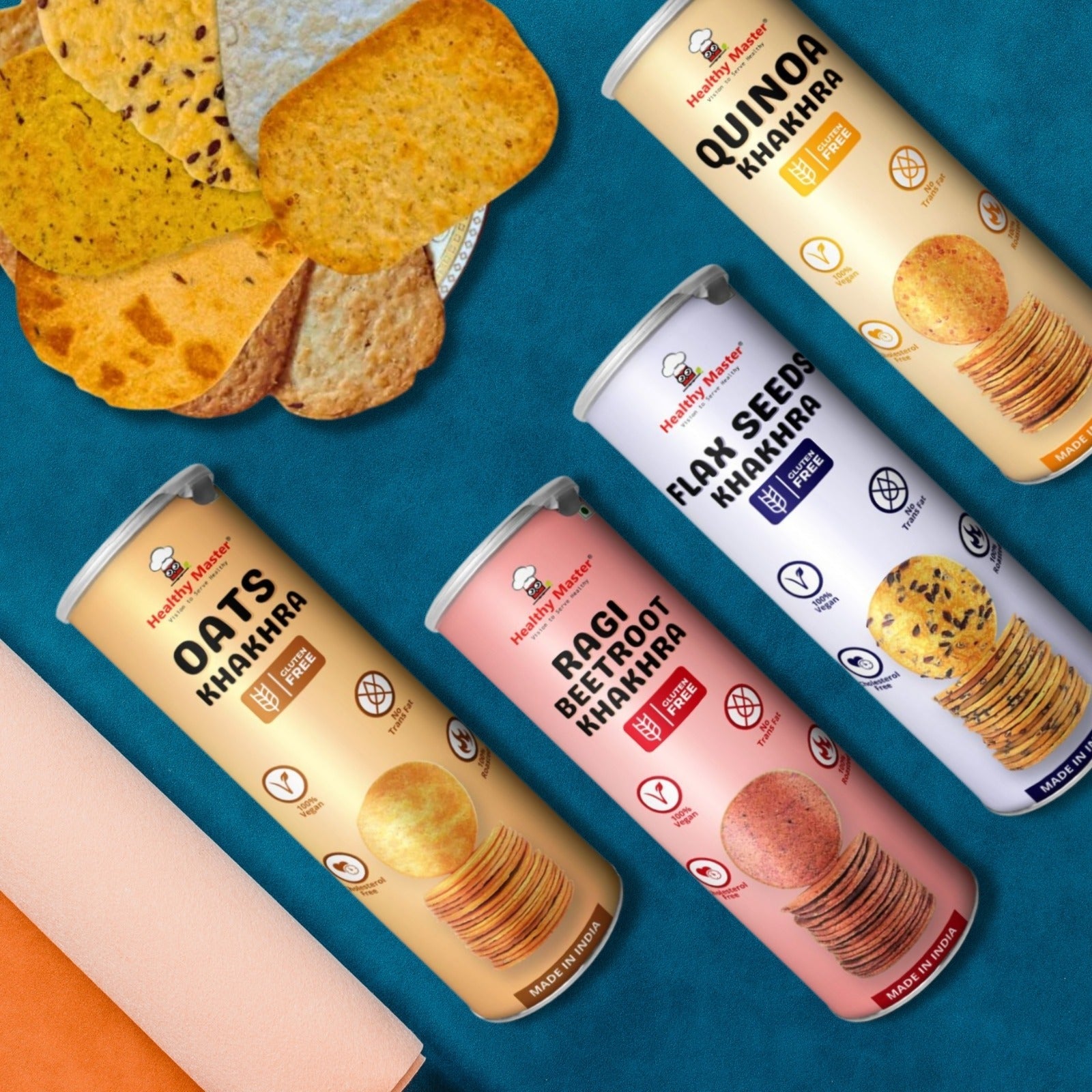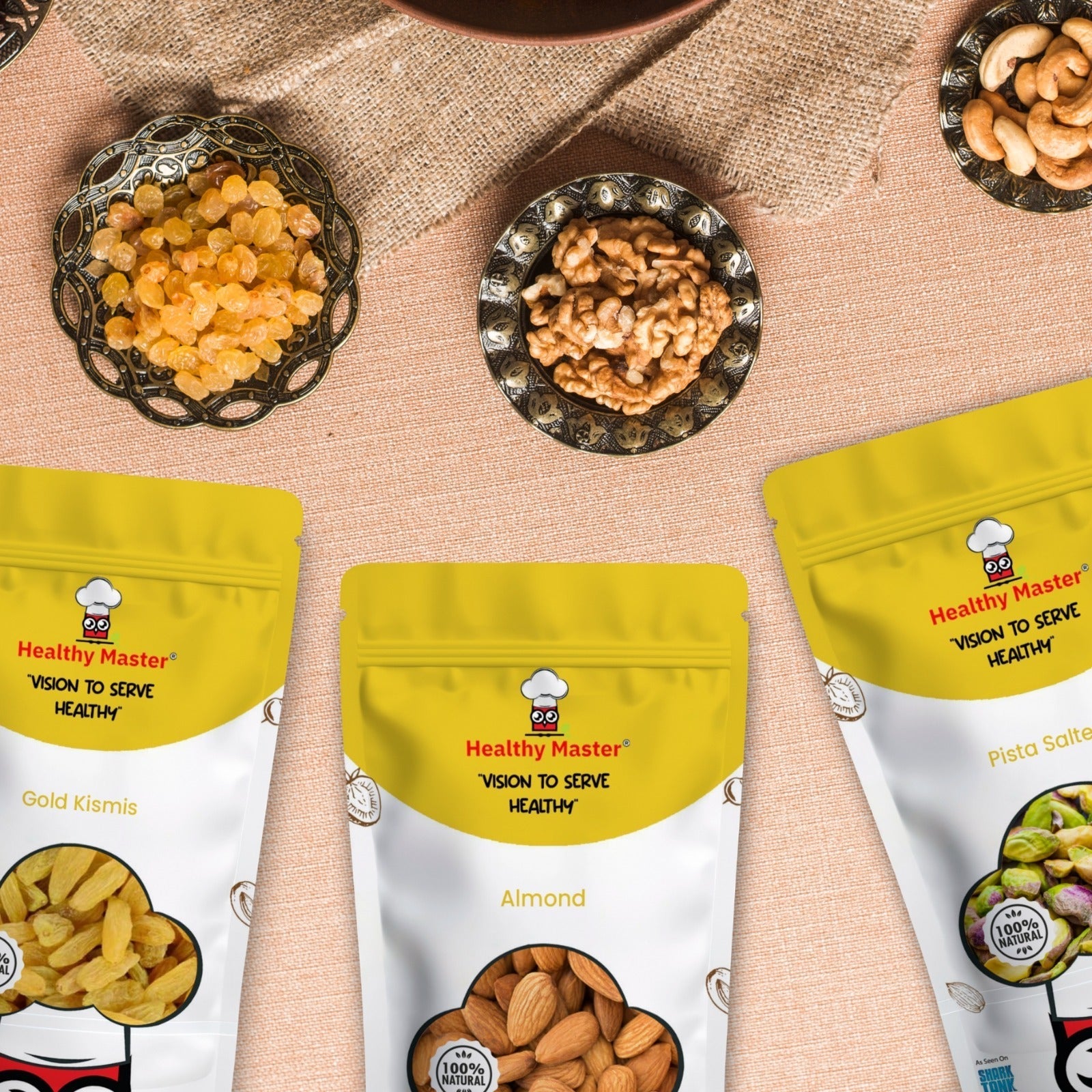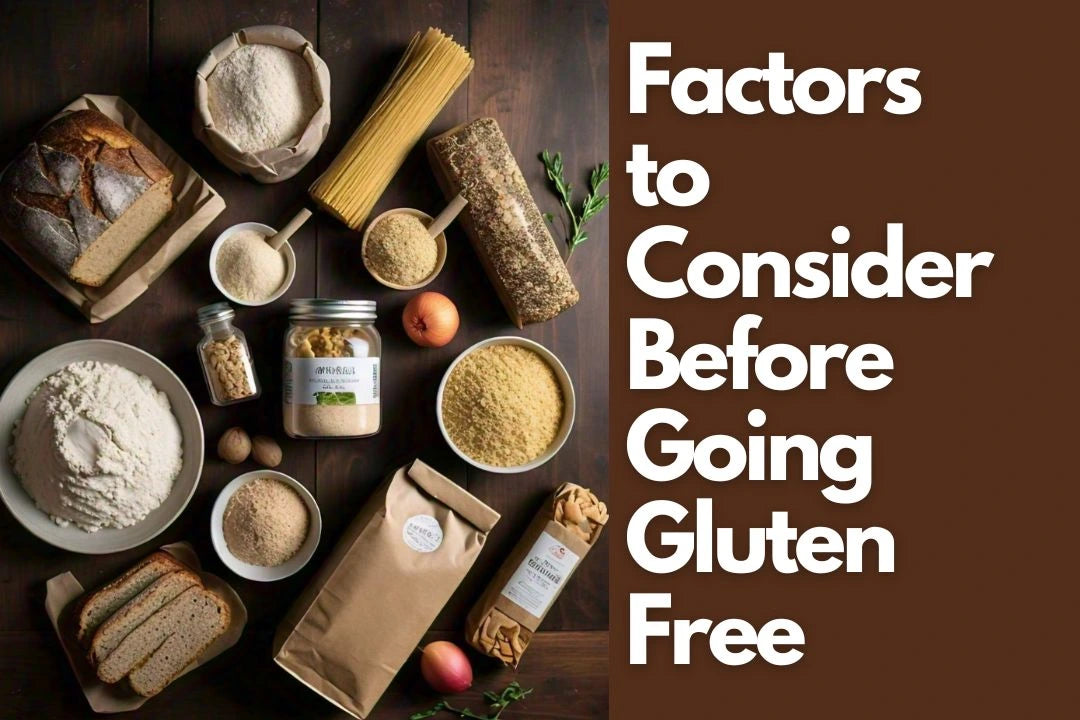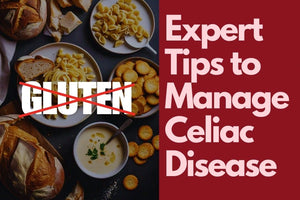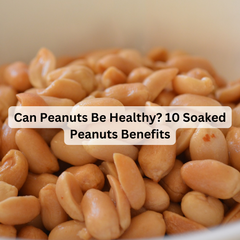Gluten is found in most of the products we use on a daily basis. Although a protein in nature, it can cause digestive problems in some people. In fact, the number of people becoming gluten intolerant is increasing day by day. Most of them are also switching to a gluten free diet to stay away from allergies. If you are looking for the same, this is the right content for you. Here you will find some comprehensive information on the factors you should consider before choosing this diet.
What is Gluten and How It Can Make You Uncomfortable?

Gluten belongs to the family of proteins which are usually found in items like wheat, rye, barley and spelt. It gives the flour a sticky consistency and elasticity. However, this compound is not suitable for all. People with celiac disease or gluten intolerance will have uncomfortable gastrointestinal symptoms after eating food products that contain gluten. If not taken proper care, celiac disease can damage your intestines.
Once you are tested for celiac disease, you can take the assistance of a dietician and stick to a strict gluten-free diet. In some cases, gluten might not be suitable even for people with non-celiac problems. They might be suffering from NCGS (Non Celiac Gluten Sensitivity) and wheat allergies.
What is Celiac Disease?

Celiac disease is where our body considers gluten as a foreign threat. In order to remove this perceived threat, the body attacks gluten proteins and overreacts. This attack might also damage the surrounding areas such as the gut walls. This might lead to different digestive issues and nutrient deficiencies. If not taken care of, it can also lead to many harmful diseases.
Some of the common symptoms experienced by people with celiac diseases are:
- Diarrhea or constipation
- Stomach discomfort
- Sharp stomach pain
- Weight loss
- Bloating
- Skin rashes
- Fatigue
- Anaemia
- Depression
What to Avoid when following a Gluten Free Diet?

In most cases, completely avoiding gluten can be quite challenging, as it is found in most of the common items that we use on a daily basis. They are present in most of the dishes and beverages. Most wheat-based products like wheat ban, wheat flour, durum, spelt, kamut, and semolina contain wheat. Apart from wheat, other major gluten sources include rye, barley, malt, and brewer's yeast.
Some of the common products that might have gluten containing ingredients are breads, pasta, baked goods, cereal, sauces, snacks, beverages, and other items.
If you look in the market today, you will come across many gluten free products. However, it is important to read the ingredient label. This might give you additional information. For instance, although oats are a gluten free product, it is usually processed with other wheat products. This makes them contaminated with gluten and might result in different issues. Therefore, it is imperative to read the ingredient section in the food label and make sure you are having completely gluten-free products.
What to Eat and Drink on a Gluten Free Diet?

Practicing a dedicated gluten free diet can be quite complicated and also expensive. On the other hand, it also lacks most of the important nutrients if not planned in the right way. However, with proper planning and consideration, you will be able to enjoy delicious and healthy meals. Some of the top items that you can include in your meals are meat, fish, poultry, fruits, dairy, eggs, different types of vegetables, grains like quinoa, rice, buckwheat, corn, millet, arrowroot, etc.
You can also consume most beverages except beer unless it is labeled gluten free.
Pros and Cons of Gluten Free Diet
As mentioned above, a gluten free diet can be quite expensive to follow if you try to avoid it. On the other hand, it may also lack most of the important nutrients. Therefore, it might not be appropriate for everyone. On the contrary, a gluten free diet will help you to treat most of the digestive issues like bloating, gas, fatigue, and diarrhea. In fact, a well planned gluten free diet can also reduce the markers of inflammation.
Helpful Tips

The below mentioned are some tips and factors that will help you to follow a gluten free diet much more easily and successfully:
Reading the food labels: It can be really helpful for people who want to follow a gluten free diet to read the food labels. This helps you to identify the right gluten free foods easily.
Buying gluten free cookbook: Reading and preparing your own dishes with the help of a gluten free cookbook will also help you to experiment with different recipes to make your diet interesting.
Telling your friends: Telling your friends that you are gluten free is also a great way to ensure that your socializing is not limited.
Choosing Gluten Free Snack Brands: If you are following a gluten free diet and missing that crunch factor, you can find some of the most creative and curated snacks provided by Healthy Master. We specialize in offering a huge selection of snacks and savories that are gluten free. From baked chips to sweet and savory snacks, you will find a huge selection of snacks that you can enjoy without worry.
Conclusion
Most individuals can eat gluten without any type of negative effects. However, if you have celiac disease, NCGS, or other gluten related problems, it is important to consider the above mentioned factors and plan the right diet for your needs. Although gluten free diets can be quite restrictive, with the numerous options available in the market, you can make your diet anti boring.
As mentioned above, Healthy Master is a great choice for people looking for gluten free snacks and products. This will give you access to a huge list of snacks.
 Deal of the week : Trial Snack Box - 18 Wholesome Delights Just at ₹ 899.00
Deal of the week : Trial Snack Box - 18 Wholesome Delights Just at ₹ 899.00


